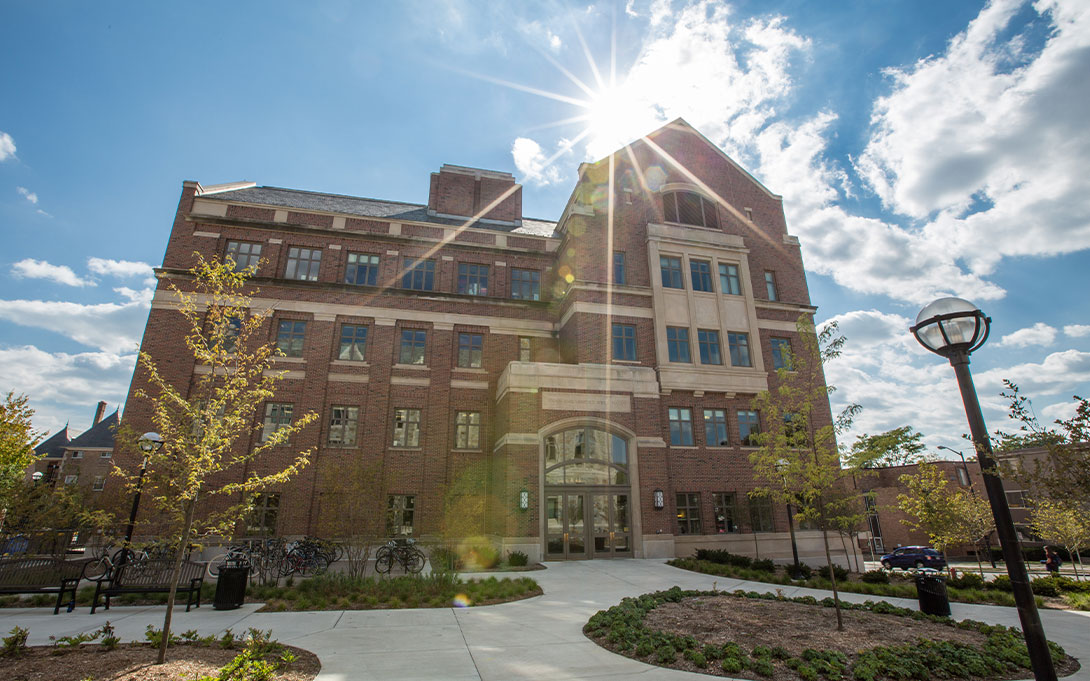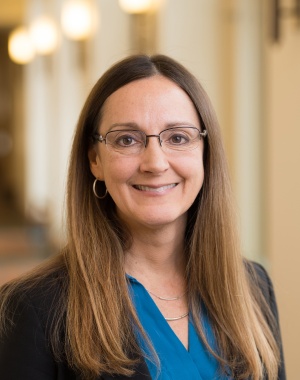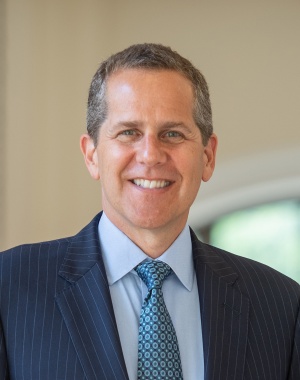
On June 14, the Ford School welcomed its 40th cohort to its Public Policy and International Affairs (PPIA) Junior Summer Institute (JSI)— a program designed to build diversity in public service. Formerly called the Sloan or Woodrow Wilson fellowship, the Ford School has welcomed hundreds of rising seniors from schools across the country to prepare them for a career in public service.
“I’m really proud of that history and honored that we could participate in working with all of you and your predecessors over the last four decades,” Dean Michael Barr told PPIA students at orientation. “It’s been a wonderful experience for the Ford School and for our PPIA students and alumni. It’s a terrific way of building the field of public policy, and increasing the diversity of the field, bringing more underrepresented minorities and women into the field. I think that diversity really strengthens the field of public policy at a time when it’s absolutely essential to advancing the public good.”
Once again held virtually due to COVID-19, 24 fellows began the seven weeks of intensive study by jumping right into an economics lecture following orientation. They will take courses from Ford School faculty in statistics, economics, policy writing and GRE preparation. Two of the courses are two-week policy modules, titled “Irrational Actors: Psychological Approaches to Decision-Making” and “Counterterrorism.” Students will also participate in a simulation directed by Elisabeth Gerber, Jack L. Walker, Jr. Professor of Public Policy. Gerber created ViewPoint, a cloud-based software that supports custom-designed role-playing simulations, in 2016 to enhance the experiences of her students, and has expanded its capabilities since its creation. The PPIA programs at Princeton University and the University of Minnesota will participate in the full-day simulation with the Ford PPIA fellows.
“I’m really thrilled and happy that I get to have this opportunity this summer,” Makaila Ranges, a rising senior at Franklin & Marshall College, said. “I feel like it’s unlike any other program, especially preparing you for graduate school.”
According to PPIA’s website, the JSI Fellowship Program is “a rigorous academic graduate level preparation program for undergraduate juniors committed to public service careers. The program was started to address the lack of diversity across the spectrum of professional public service, including government, nonprofits, public policy institutions, and international organizations.”
The Ford School is one of five institutions hosting JSI fellows this summer, the other four being Carnegie Mellon University, Princeton University, University of California - Berkeley, and the University of Minnesota.
“One of the things that attracted me to the program was the experience in quantitative reasoning,” Jaylen Darling, a rising senior who leads a student policy think tank at Florida State University, said. “I have a lot of experience with qualitative research and writing, but I really wanted to hone in on those quantitative skills. I also want to take what I learn from PPIA and apply it to the things that I’m already doing.”
Both Darling and Ranges are excited to connect with their fellow Ford School PPIA students as they take classes together throughout the summer.
“I’m really looking forward to meeting some of the people who are in my cohort,” Ranges said. “It’s always been super rewarding to be able to meet others because people keep coming around the block, at least in my own experience, and I love being able to know people from other institutions so either they can help me or I can help them.”
The Ford School PPIA fellows come from 21 different universities, including the University of Arkansas, 3 different University of California locations, Trinity College, University of Alabama, Denison University, Webster University, and more. The fellows say they are interested in exploring a range of policy interests, including social welfare policy, education policy, international affairs, environmental and energy policy, and social justice policy.
One of the fellows, Michael Gallagher, is majoring in mechanical engineering and minoring in nuclear engineering at the University of South Carolina. Another fellow, Marco Huerta, has worked as a policy intern in the Arizona State Senate, focusing on election policy in the legislative session after the 2020 general election.
“I’m already getting to know the rest of my cohort, but I’m also looking forward to the different workshops and opportunities outside of class that they have lined up,” Darling said. “I heard that we’ll be able to meet cohorts at the other PPIA schools, so I’m excited for that as well.”
Ranges has previously attended other PPIA conferences and events, such as PPIA Public Service Weekends.
“I’ve never had a bad PPIA experience,” Ranges said. “I feel like through all the conferences that I’ve attended, I’ve enjoyed every single one, I’ve been able to take little things out. I’m truly grateful for this experience because I feel like I’ve been working towards it since I was a first-year, and to see that it’s finally panning out and I’m doing it is super exciting.”
The Ford School has proudly supported the PPIA program for 40 years, and is one of a handful of schools to host the program every year since its inception. Recent gifts from Tom Tuft (LSA ‘69) and the Weill family have allowed for expansion and sustainability of the program.
An anniversary celebration will be held on July 26, 2021, bringing together a panel of distinguished leaders, each of whom attended the University of Michigan Junior Summer Institute and went on to forge careers of tremendous impact and service. We also invite all of our PPIA alumni to fill out this form to update their contact information and receive a commemorative gift.
This story was written by Olivia Bradish (BA '23) and Rebecca Cohen (MPP '09).

